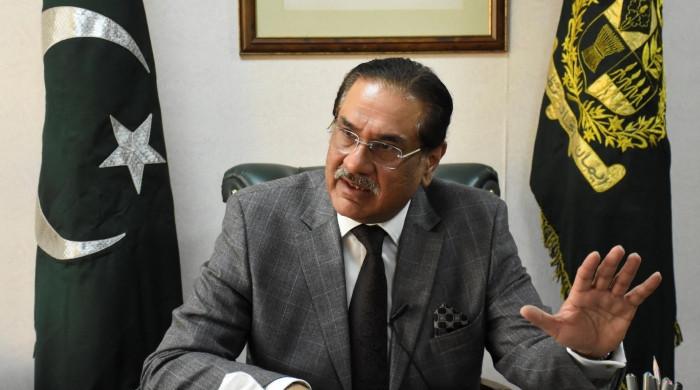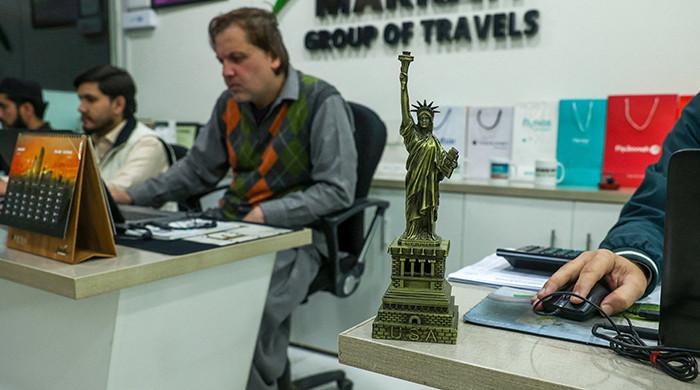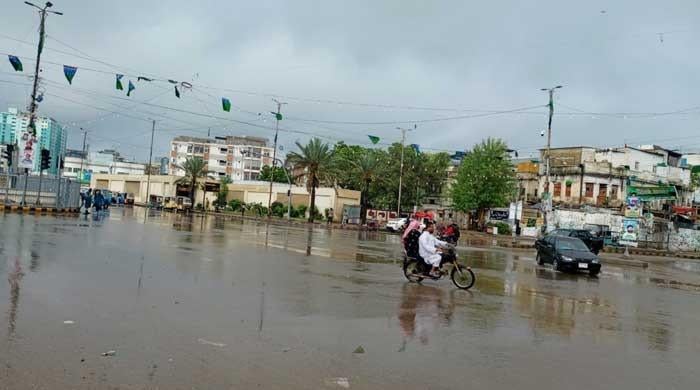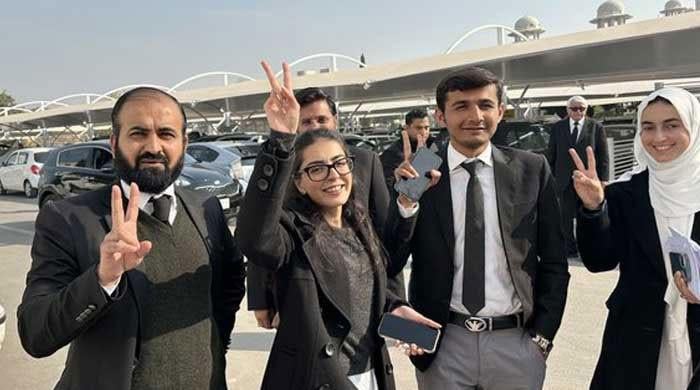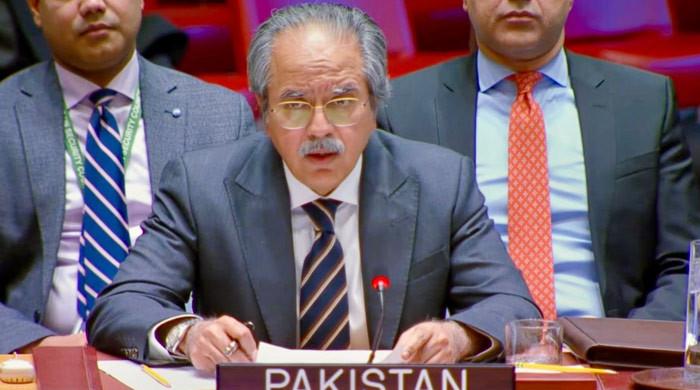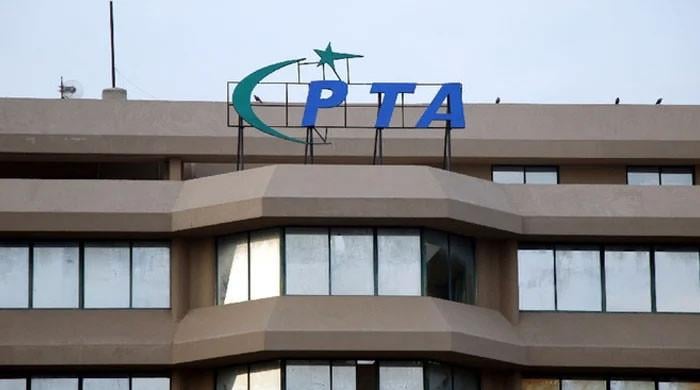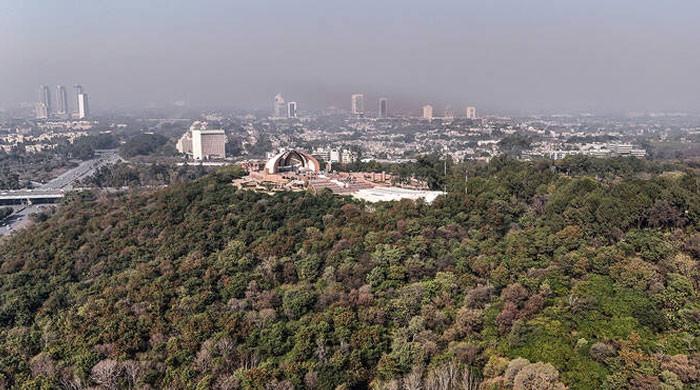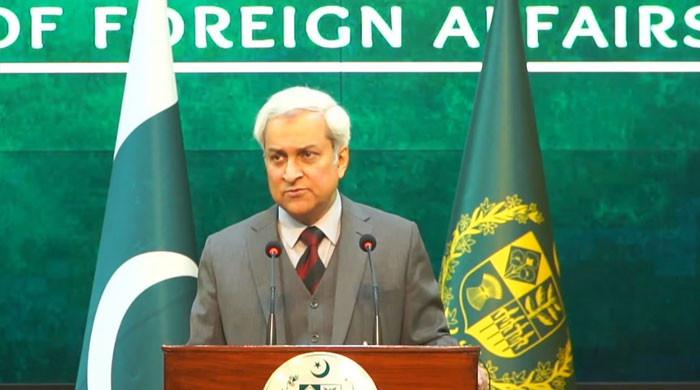Erdogan's speech at UN gave courage to Kashmiris, Qureshi tells Turkish counterpart
FM Shah Mehmood Qureshi thanks Turkish counterpart Mevlüt Çavusoglu for Turkey's 'consistent' stance on Kashmir dispute
October 07, 2020
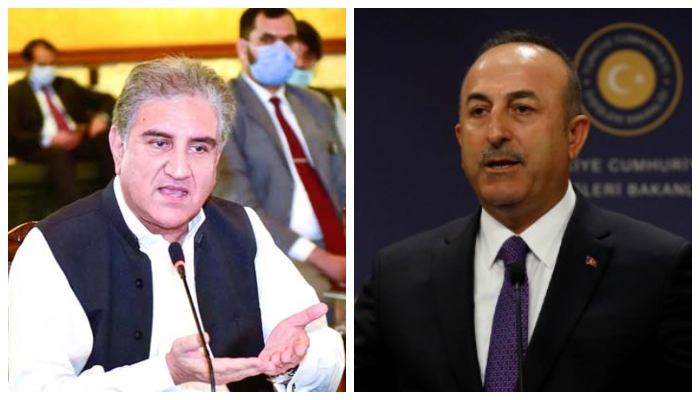
Foreign Minister Shah Mahmood Qureshi on Wednesday thanked Turkish President Recep Teyyip Erdogan for raising the Kashmir dispute in the United Nations General Assembly, saying that his address has given "courage and confidence" to oppressed Kashmiris.
Qureshi, in a telephonic conversation with his Turkish counterpart Mevlüt Çavusoglu, thanked Ankara for its “consistent and categorical stance on the Kashmir dispute”.
“It is a matter of satisfaction that both the countries share identical views on important regional and international matters,” the foreign minister told Çavusoglu.
During the conversation, Qureshi reaffirmed Pakistan's determination to continue to play a positive role for regional peace and security, including in the Afghan peace process. The Turkish foreign minister appreciated the steps taken by Pakistan for regional peace, including its efforts for peace in Afghanistan.
Also read: Turkish President Erdogan raises Kashmir issue in UN speech
Last month, President Erdogan had, during his address to the UN General Assembly, termed the Kashmir dispute between India and Pakistan “a burning issue” and called for resolving it through dialogue.
“The Kashmir conflict, which is also key to the stability and peace of South Asia, is still a burning issue,” Erdogan had said in the speech he made via video-link to the 193-member Assembly’s landmark 75th session.
“Steps taken following the abolition of the special status of Jammu-Kashmir further complicated the problem,” he said, referring to the August 5, 2019, unilateral move by India to annex the disputed territory.
“We are in favour of solving this issue through dialogue, within the framework of the United Nations resolutions and especially in line with the expectations of the people of Kashmir,” the Turkish leader said.
The Kashmir dispute is on the agenda of the UN Security Council, which has adopted at least 11 resolutions since 1948 that call for an impartial plebiscite to determine the wishes of the people in the disputed state.




